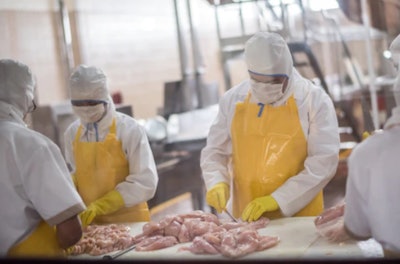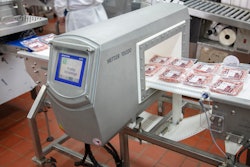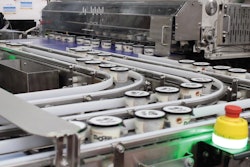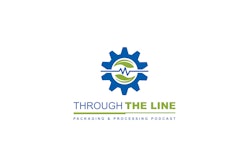
The North American Meat Institute (NAMI )and the U.S. Department of Labor’s Occupational Safety and Health Administration (OSHA) signed a two-year alliance to provide NAMI members, the public, and other stakeholders with information, guidance, and access to training resources that will help protect workers.
During the two-year alliance, participants will develop information on recognizing coronavirus transmission risks and best practices for preventing transmission, and on challenges for exposure control in meatpacking and processing facilities. Participants will also conduct outreach to small- and medium-sized facilities on available guidance and compliance assistance resources, including the On-Site Consultation Program, and will work together on other outreach activities, including providing information on OSHA’s enforcement policies and procedures relevant to the meatpacking and processing industry.
Lear more here.
Other articles you may like:
Reports Say Tyson, Other Processors to Replace Meat Cutters with Robots
Pandemic Causes Shift to New Plant Tools
Join us for “The Most Engaging Virtual Event for the Entire Industry” at PACK EXPO Connects, November 9-13. Live demos of equipment and products, live chat with product experts, expedited product search, and more. Attendee registration opens September 15. Be notified when the site goes live by clicking here.






















